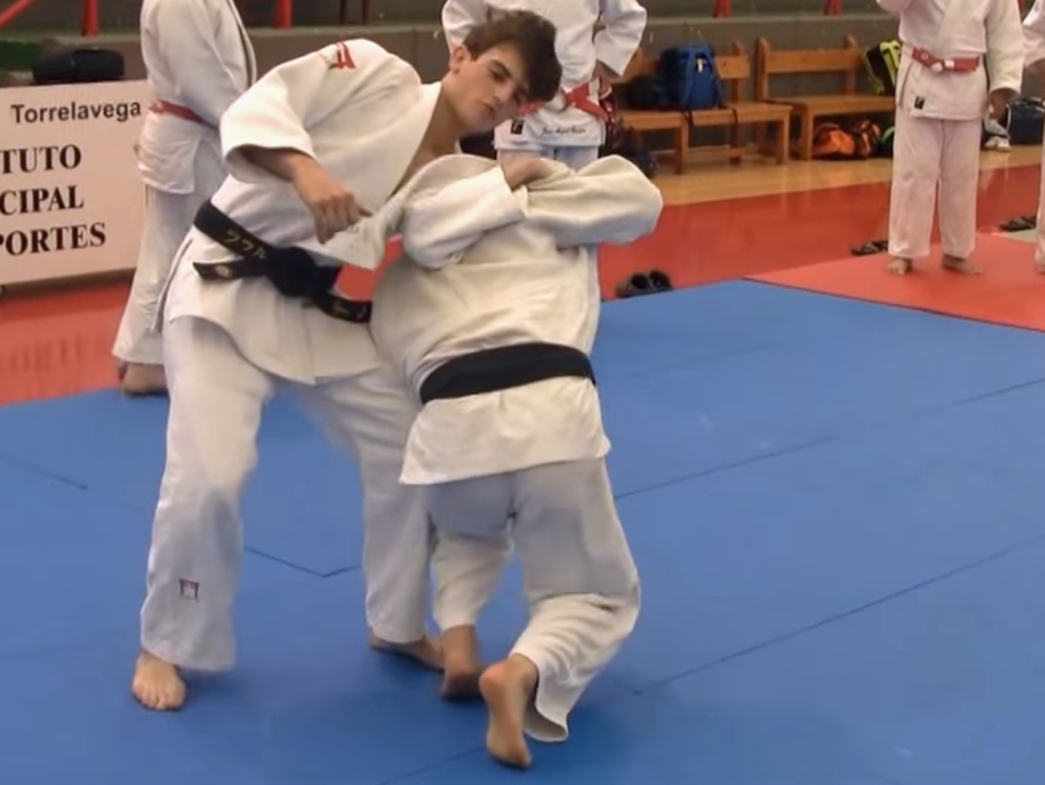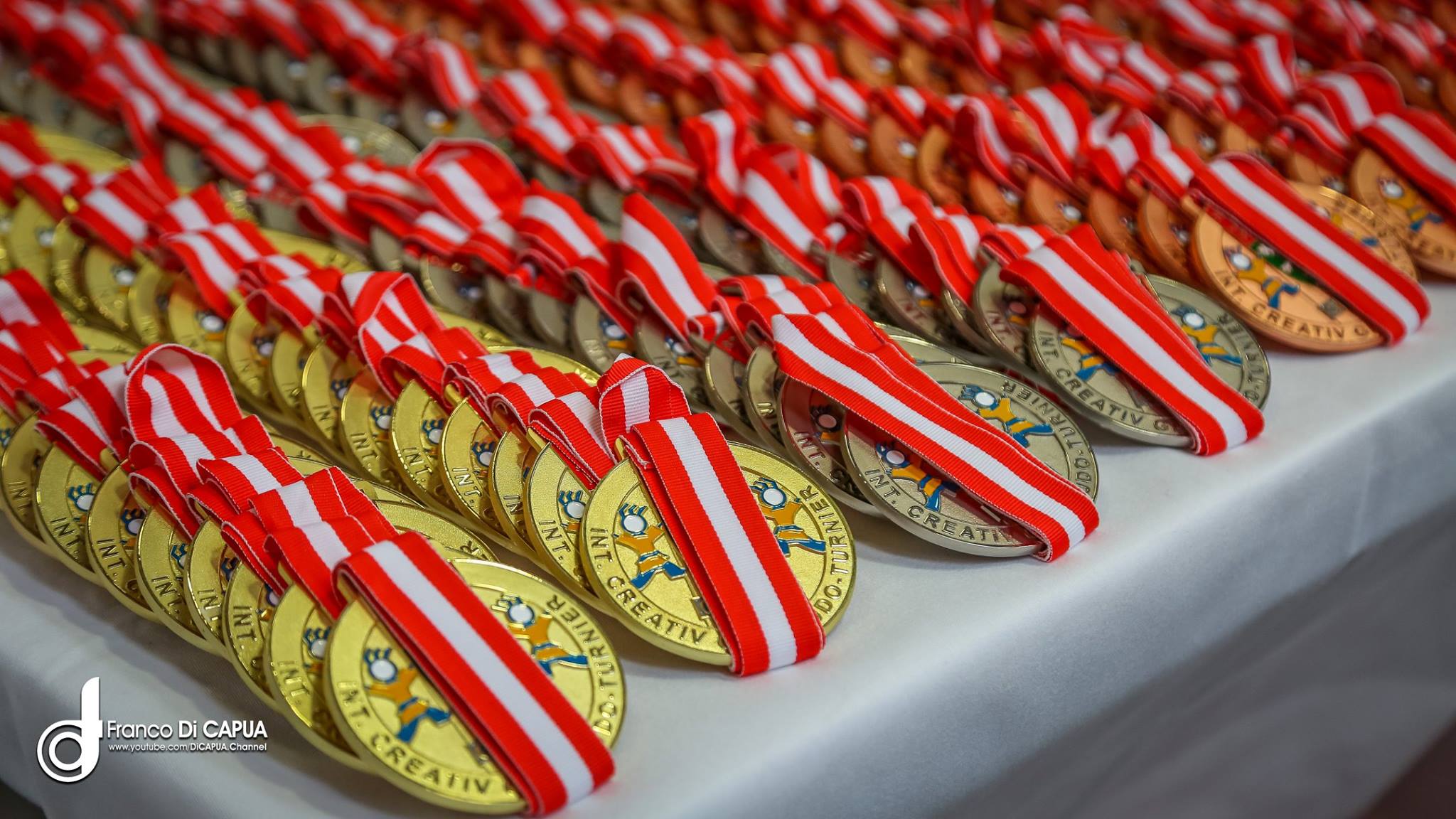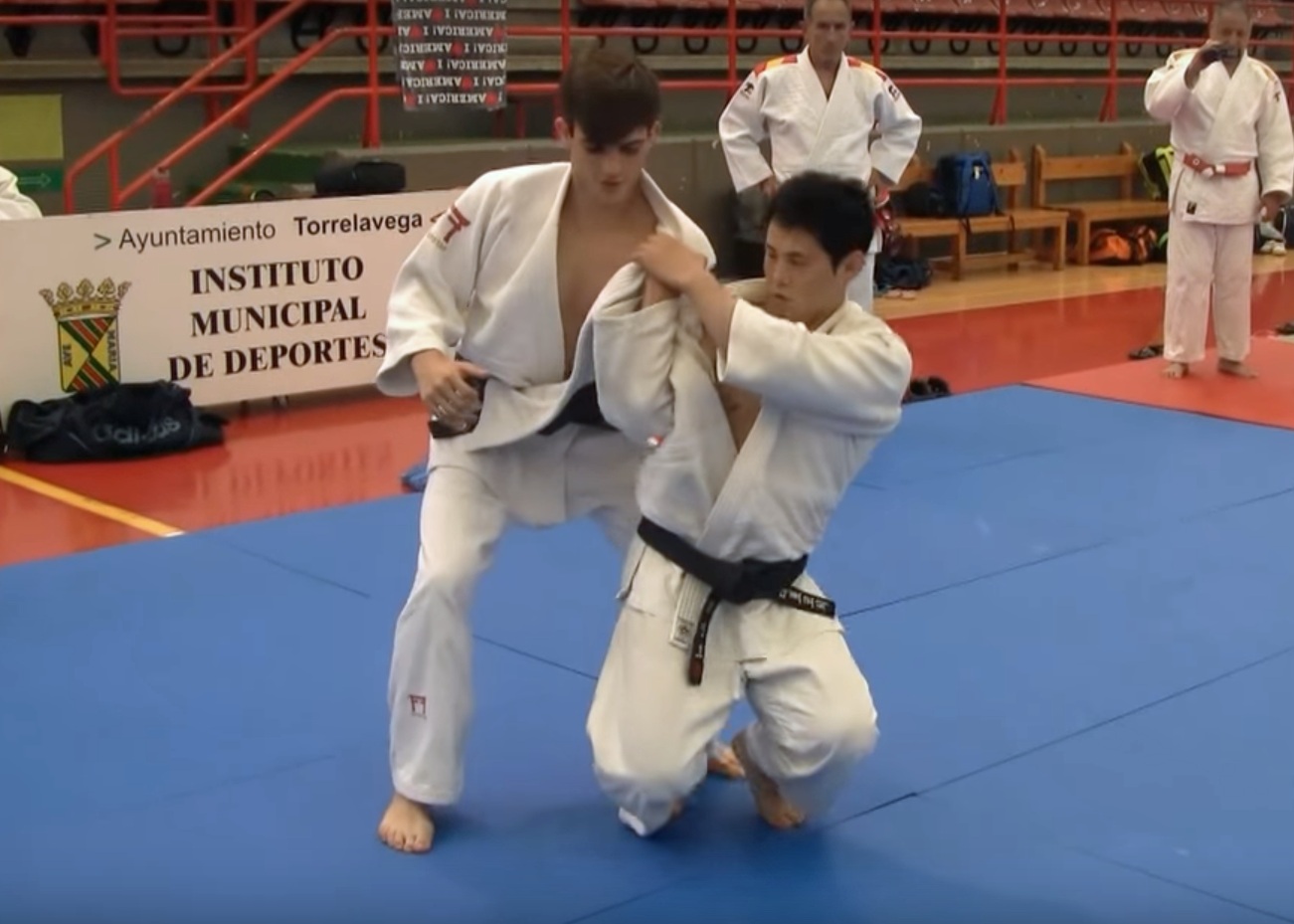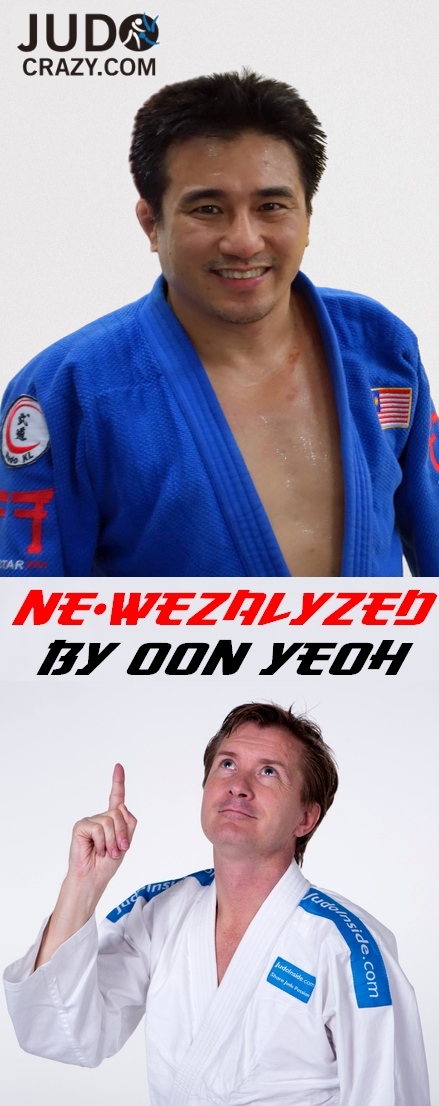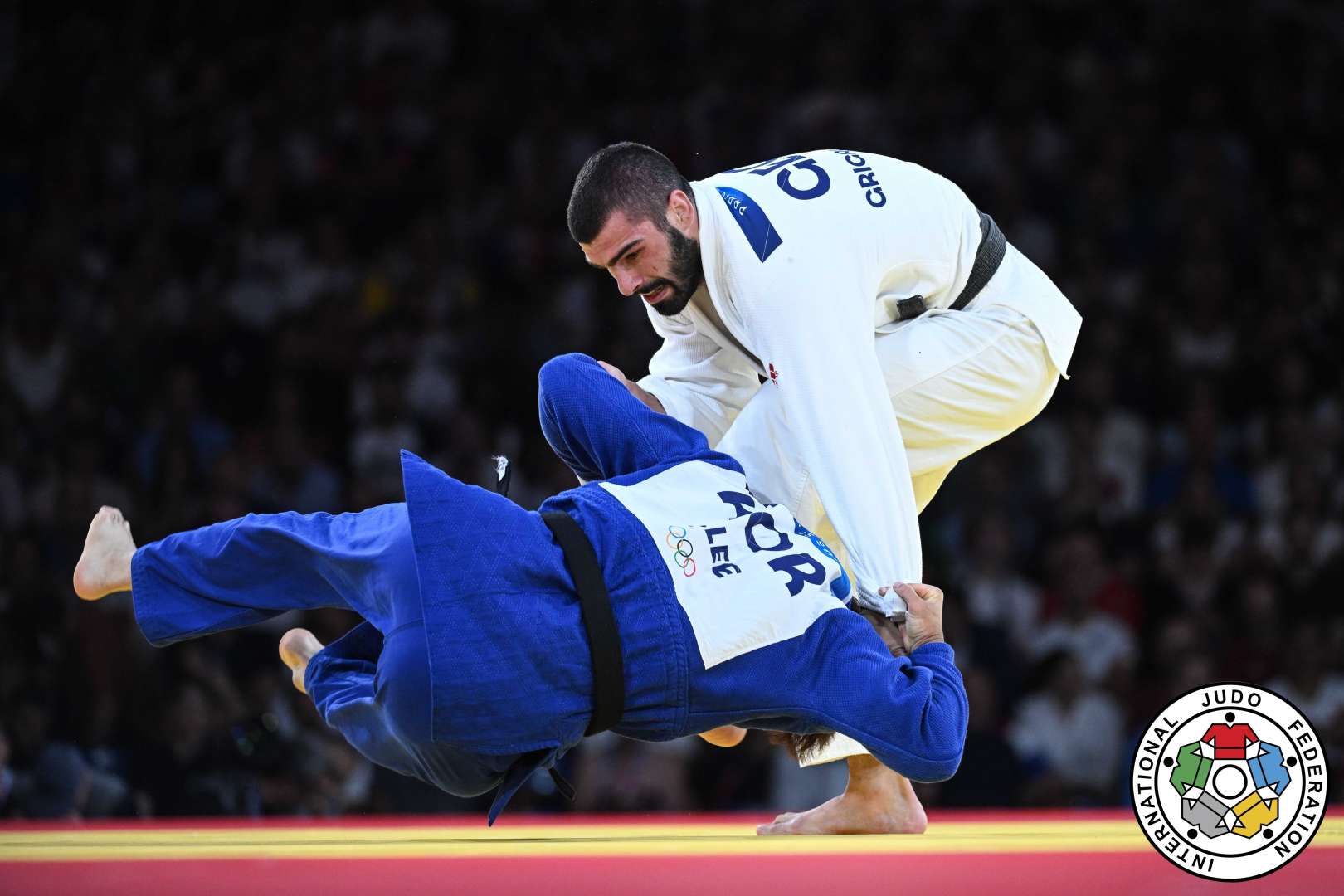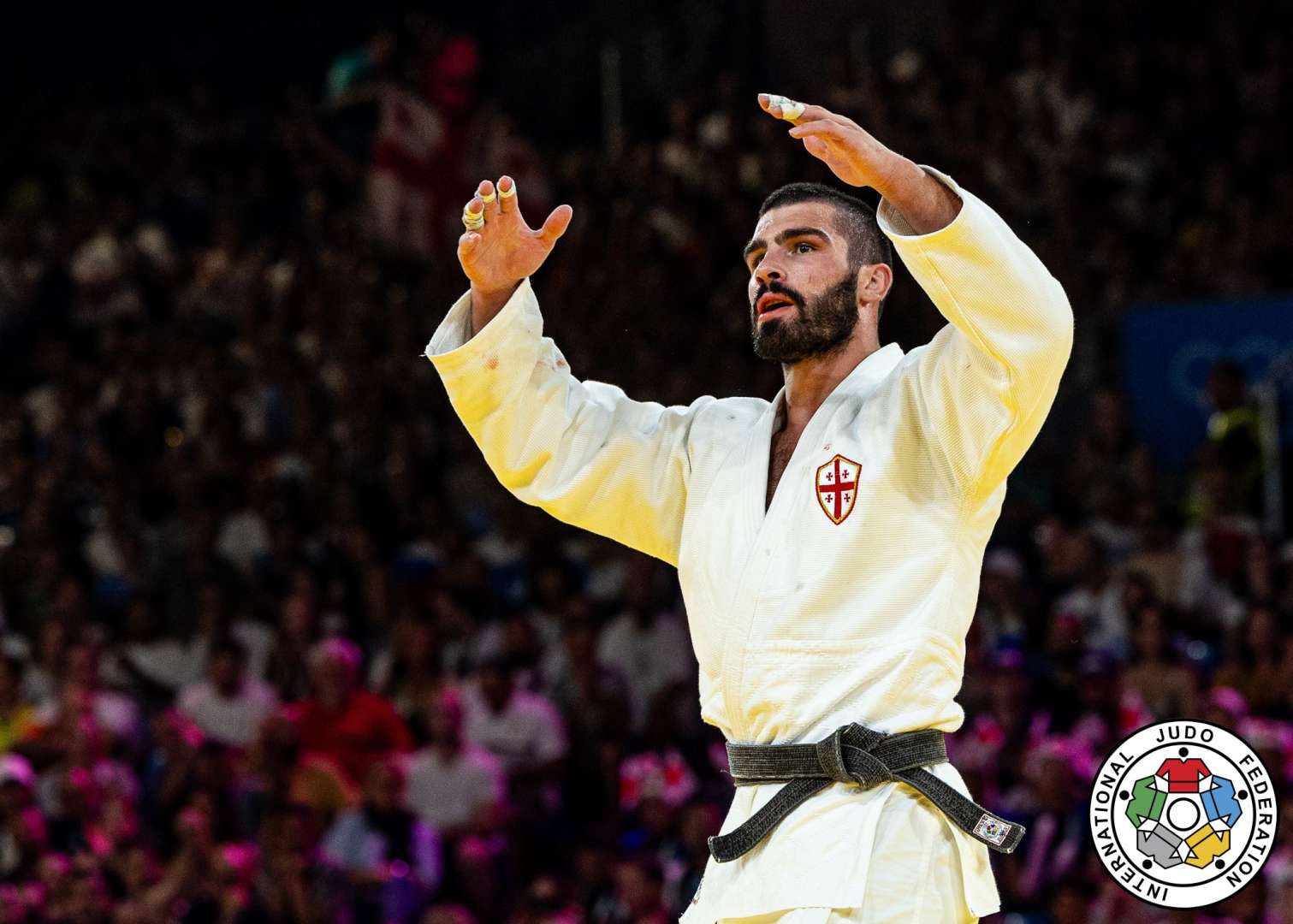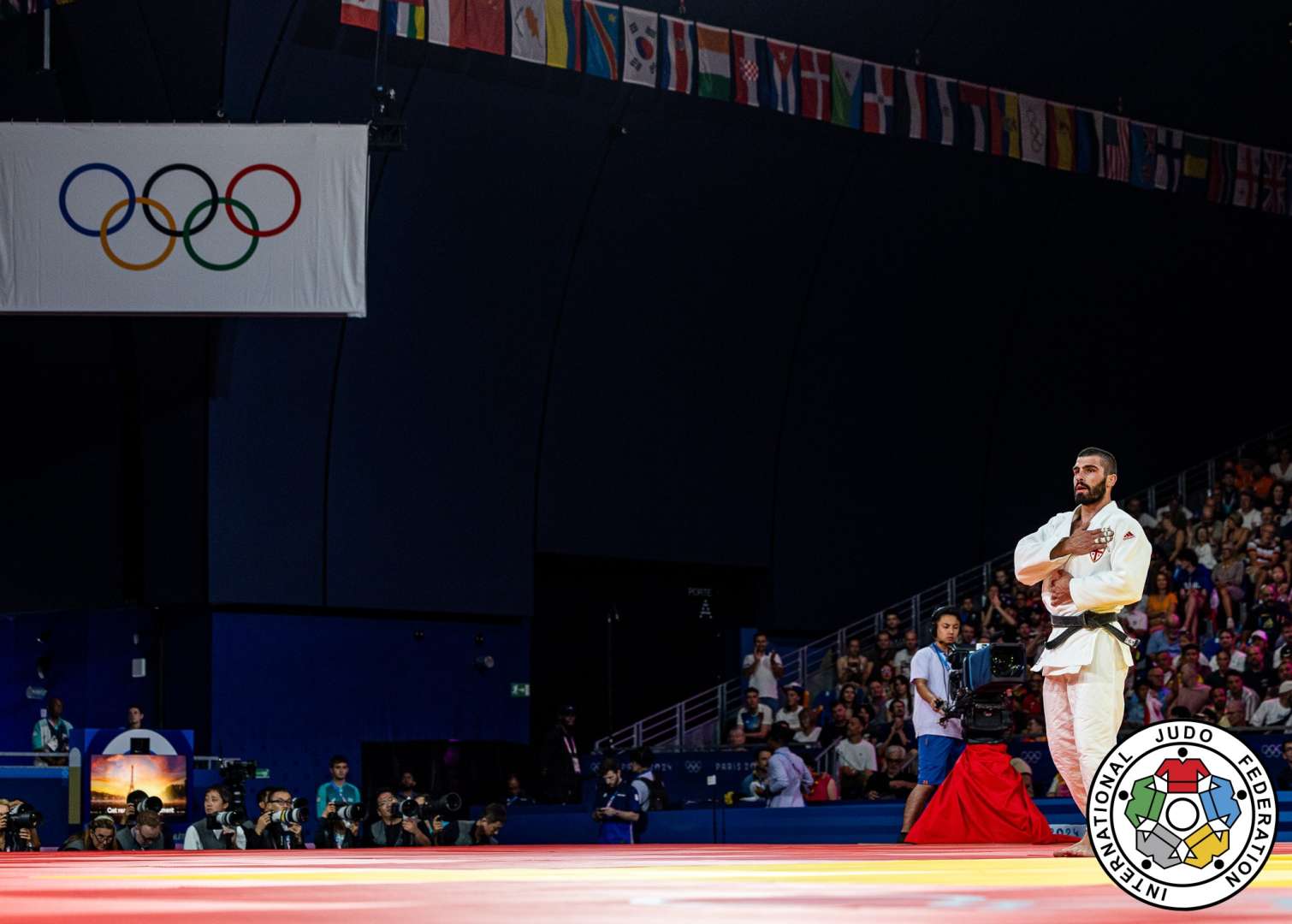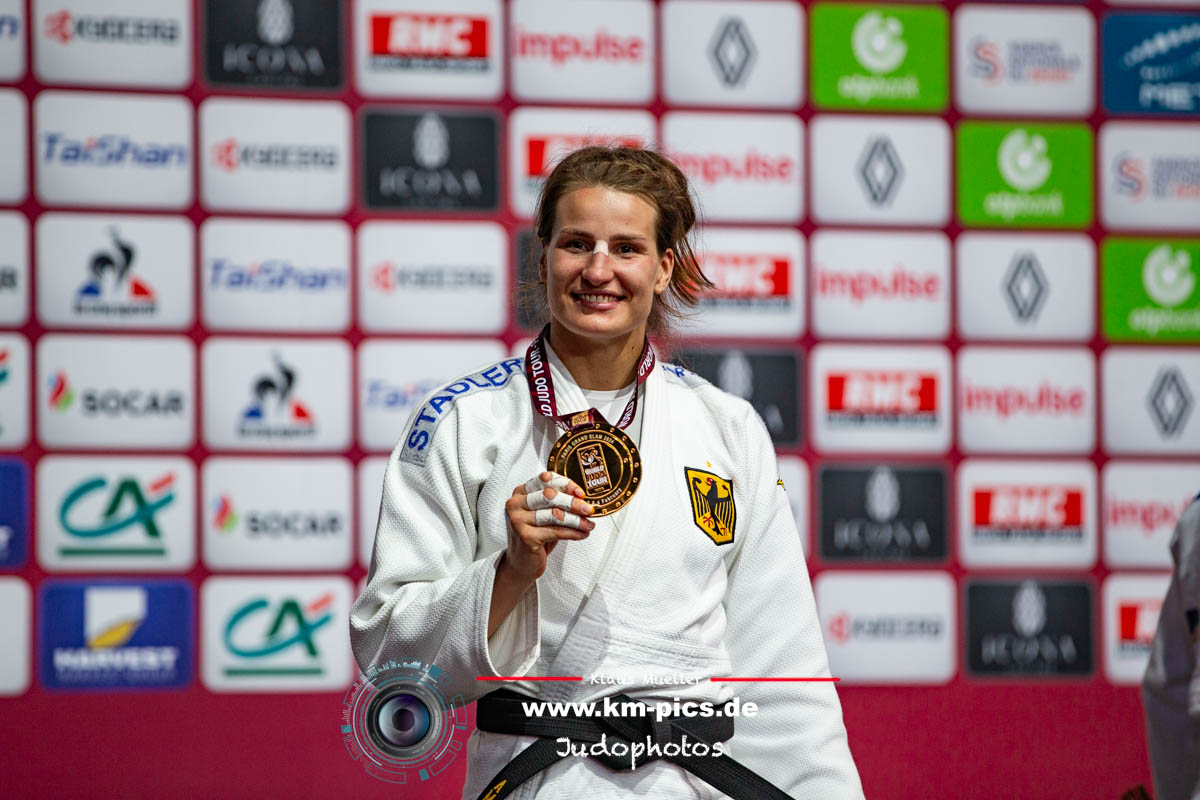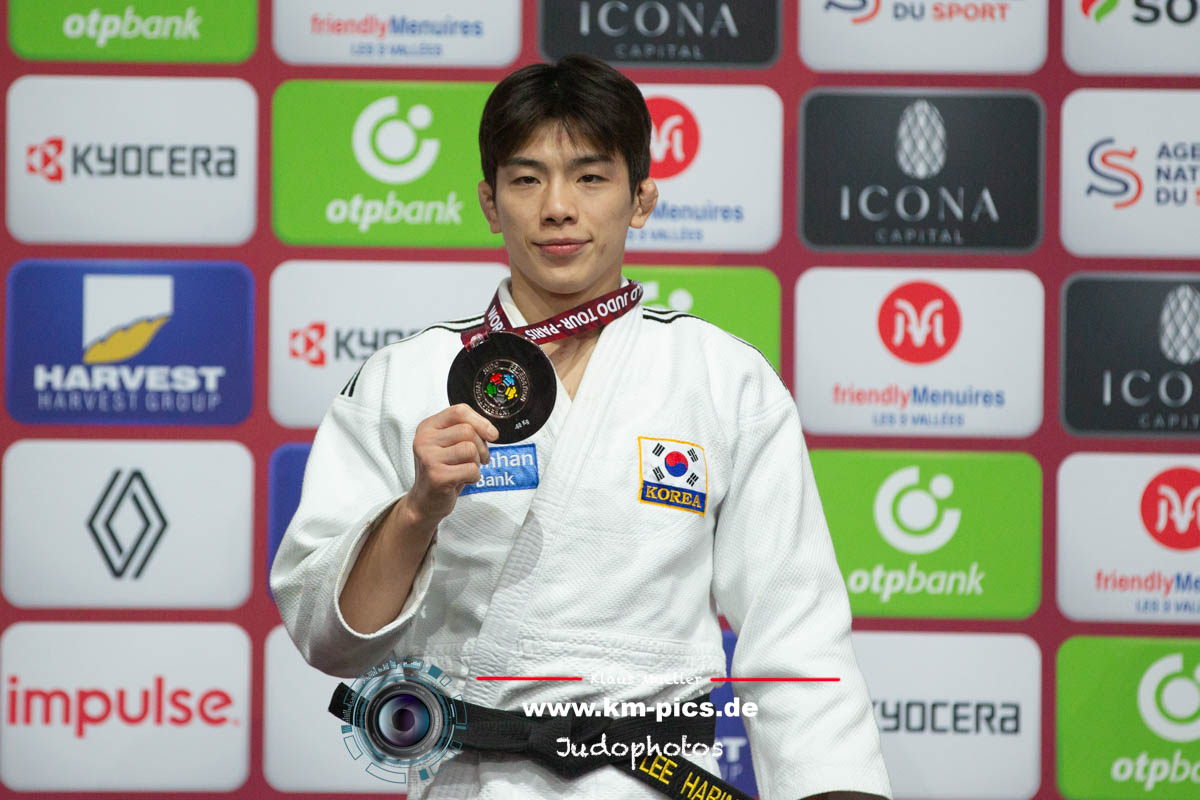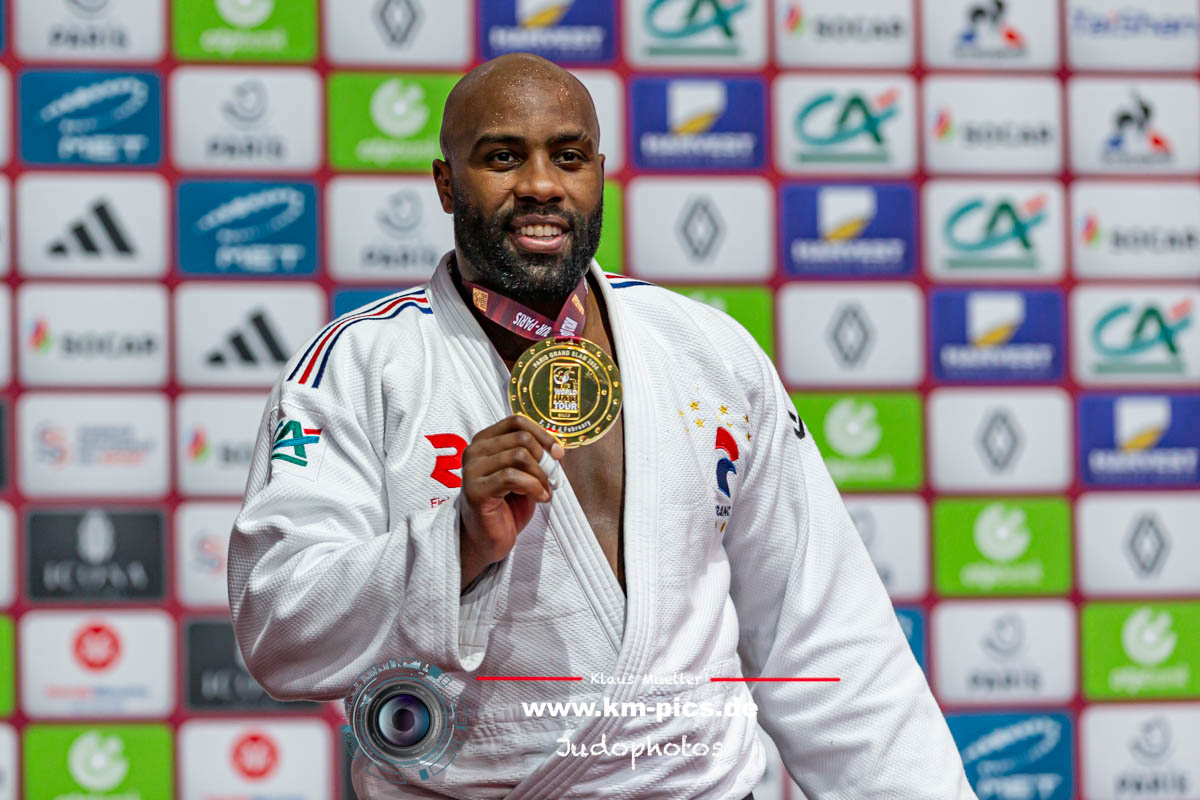New IJF rules in the make

 17 Oct 2024 14:00
17 Oct 2024 14:00
 by JudoCrazy and JudoInside
by JudoCrazy and JudoInside
 Emir Incegul / Turkish Judo Federation
Emir Incegul / Turkish Judo Federation
New IJF rules will be announced in January, 2025, and implemented for the first time during next year's Paris Grand Slam. Speculation is rife on what these new rules will entail. The thing that's got everyone all excited was the recent news that a competition in Japan will allow leg grabs in some limited capacity. Is this a harbinger of things to come? Will the IJF follow suit?
Maybe... maybe not. But if leg grabs were to be allowed it would probably follow the concept being introduced in that Japanese competition, which requires tori to already have at least one grip on uke. In other words, you can't just do a morote-gari and dive for the legs.
in that sense, it would be sort of like the bear hug rule. It's not true that you can't bear hug uke. You can but you have to have at least one grip on uke before you do the bear hug. If you just lunge at uke from a no-grips situation, it is an illegal bear hug. So, maybe leg grabs could be allowed in the same way. If you have a grip, you can do a leg grab.
But allowing this will open a Pandora's Box. You can imagine how easily this rule can be abused to execute shido play. With one grip on the lapel, you can keep attacking uke with leg grabs, which are safe and hard to counter. The referee can't give you shido if you are attacking. And you can constantly attack with leg grabs, with impunity.
Also the whole purpose of allowing leg grabs would be to facilitate good throws. A one-handed sode done in conjunction with a leg grab can make for a beautiful finishing. A kouchi-makikomi done with a leg grab can be incredibly dynamic. A drop kata-guruma done with a leg grab can be explosive.
But what if players used leg grabs for strategic reasons, as mentioned above (shido play). If too much of that happens, it defeats the whole purpose of re-allowing leg grabs, which is to facilitate big, dynamic, crowd-pleasing throws.
Other than leg grabs, anything else they will allow back in? Reverse seoi-nage? One can only wish. It's unlikely to make a return although the reason given for banning it in the first place (that is is a dangerous technique) just doesn't hold water.
There have been far more injuries resulting from poorly-executed one-handed sodes than there have been from reverse seoi-nage.
I don't think we'll see a whole lot of banned moves being allowed back again. If there's something, it's likely to leg grabs. But even that is not very likely (though one can always hope).
There needs to be more clarity on one key rule that has everybody, including referees, rather confused. Which is that ruling against tipping someone over. This matter came to a head during the final of the +100kg division at the 2023 Doha World Championships between Teddy Riner and Inal Tasoev. Riner came in for a hip throw and Tasoev tipped him over and took him down. The live commentators, said it was a score, countless people online said it should have been a score. But no score was given and Riner went on to win. It was later revised to be counted as a score and Tasoev was declared a joint winner (which is ridiculous... if it was a score then he should have been the winner and Riner the silver medalist). So, is tipping over a score or not a score? The IJF has got to make that clear.
Some shido and hansoku-make rules really need to be clarified and in some cases, amended.
a) Head-diving. in the past, players who clearly head-dived were given a pass. Shohei Ono, most famously, head-dived a lot when he did his uchimata, including in the 2020 Tokyo Olympics where he clearly head-dived. But today, even when a player's head very briefly grazed the mat, they are given a hansoku-make. If it was a very slight, accidental graze, it really shouldn't be a hansoku-make (though currently, it is). Maybe give a shido. And invalidate any throw that results from it. But not hansoku-make when it's not egregious.
b) This doesn't happen very often but when you reap uke's supporting leg from behind and from the inside, you will get hansoku-make. The few times when you see this happen, it's usually not very egregious and uke's leg is not really in danger. It always looks like tori just accidentally placed the leg there in a spur-of-the-moment thing. Perhaps referees can be given the discretion to give shido when it is not egregious. Intent and severity of the infraction should be taken into account, just as with the case of head diving.
c) When a tori does waki-gatame in conjunction with a throw (or a one-handed sode movement which results in uke's arm getting straightened), tori gets hansoku-make. But If tori does a standing armlock without attempting a throw, it's shido. This doesn't make sense at all. Any form of armlock done from a tachi-waza situation should be hansoku-make because it's dangerous and could serious injure uke.
d) Many a player was given a shido (and lost their matches) due to breaking off the opponent's grip and separating. Oftentimes, this happened as a spur-of-the-moment thing. Nobody really purposely does this, of course. Maybe some amendment needs to be made so that the first time is a free warning? And if someone does it again they get the shido.
e) Quite often when there's only like 10 seconds left in the match and the winning player, who has two shidos already, runs away or simply drops to the ground, the referee gives that player some leeway and does not give a third shido. But there are times when a third shido is given. Such inconsistencies happen all the time, including in the last Olympics. The rule should be clear. If you drop with just 10 seconds left, do you get a shido or don't you? If you run away with just 10 seconds left, do you get a shido or don't you? If it's yes, then there should be a shido every time this happens. If it's no, then it should be no all the time. it shouldn't be no sometimes and yes sometimes. There needs to be consistency.
f) Stepping out of the contest area is a shido. Pushing someone out is also a shido. But 80% or 90% of the time, pushing out doesn't get a penalty. Instead, the one who is pushed out gets the penalty for stepping out. That's unfair. If you want to make pushing out a penalty, enforce it.
g) Similarly, bending over defensively is shido. Pulling someone's head down without attacking is also a shido. But 80% to 90% of the time if tori pulls uke's head down, uke is the one who gets the penalty, even if tori doesn't attack. Again, this is unfair. If you want to make pulling a person's head down without attacking a penalty, enforce it.
We'll find out January, 2025.
 like
like
 share
share

| Result | City | Date |
|---|---|---|
| 2 | Paris | 2024 |
| 1 | Abu Dhabi | 2024 |
| 1 | Zagreb | 2024 |
| 3 | Belgrade | 2023 |
| 2 | Montpellier | 2023 |



